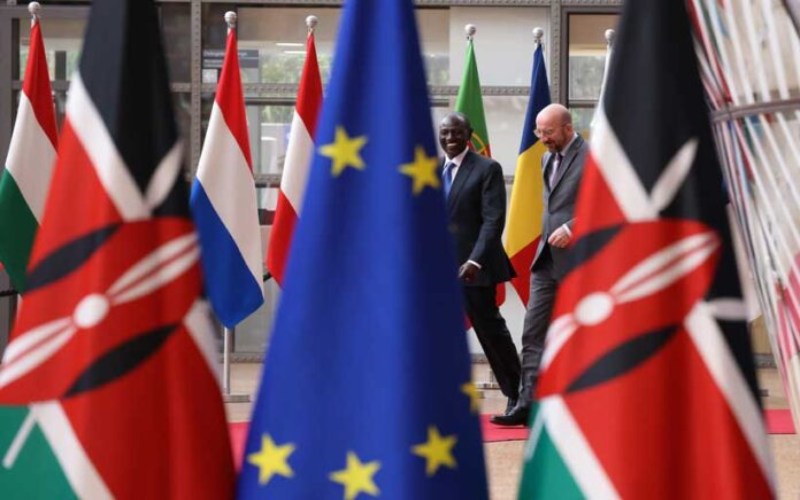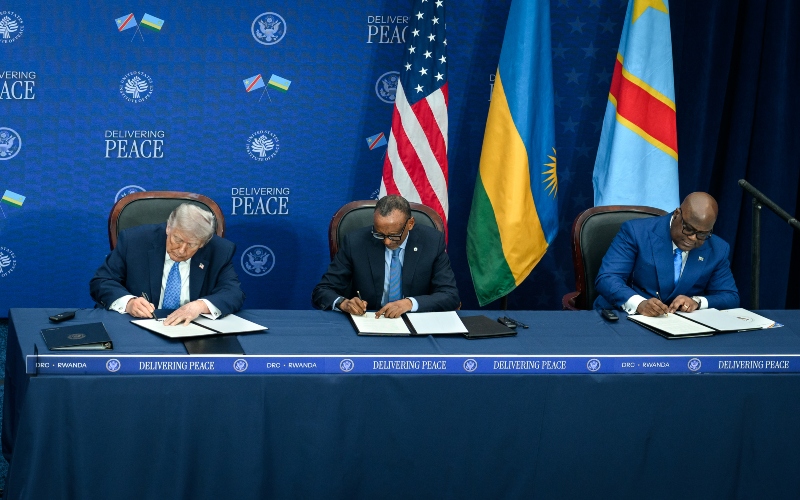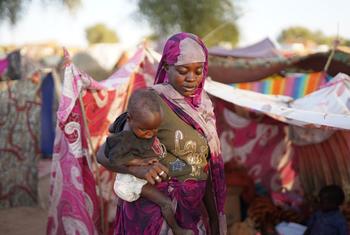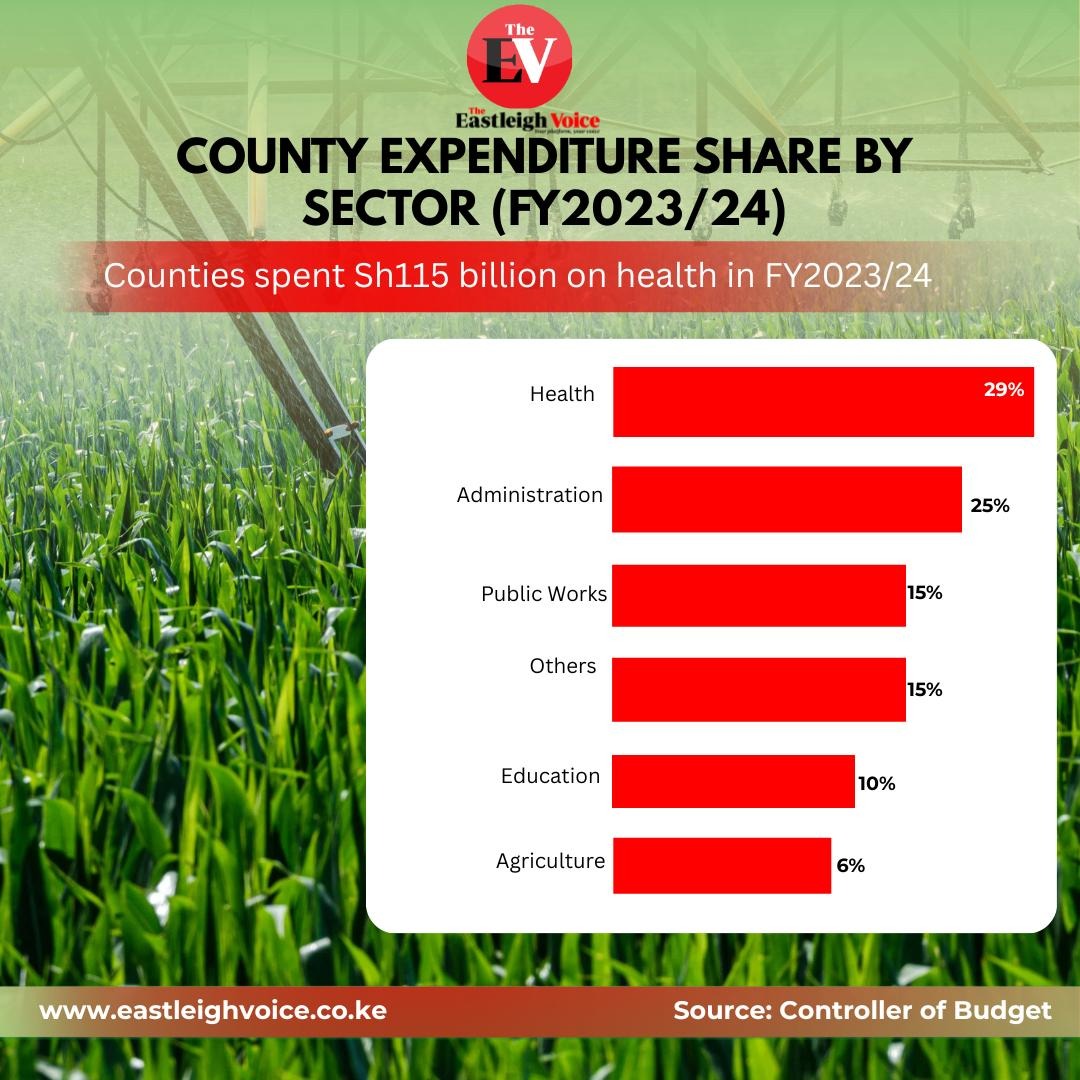What next for Gen Z's digital revolution?

In Kenya, youth-led protests and political debates have surged on social media, raising fears of surveillance and fake news. Online platforms are now at the forefront of activism and dissent.
A new generation of activists is emerging in the heart of Nairobi. They are armed with smartphones and TikTok accounts rather than the megaphones and placards preferred by their predecessors to drive political and social change.
As Kenya grapples with soaring living costs and controversial government policies, Generation Z — the term generally used to describe people born during the late 1990s and early 2000s — has dug into the digital trenches, harnessing the power of social media to fuel a wave of protests and political activism against Kenyan President William Ruto's two-year-old administration.
More To Read
- Kanja admits police could have done better in handling Gen Z protests, advocates for training
- Amnesty report shows at least 128 killed, 3,000 arrested in 2024–2025 Gen Z protests
- Over 100 facilities accredited by SHA to provide cancer care after protests
- LSK’s Faith Odhiambo quits Ruto’s victims compensation panel over legal delays, court hurdles
- LSK faults CS Murkomen over defiance of High Court ruling on masked police officers during protests
- LSK President Faith Odhiambo vows victim-centred justice for protest and riot victims
What started as peaceful youth-led rallies against proposed tax hikes ballooned into wider action against Ruto and what many see as wasteful government spending and corruption.
Ruto, while asserting his belief in freedom of expression and press freedom, has so far acknowledged the temptation to shut down the internet but chosen not to, maintaining a delicate balance between governance and civil liberties.
TikTok, the battleground for change
TikTok, the short-form video platform beloved by Gen Z, has become the unlikely epicentre of Kenya's political awakening.
Its bite-size videos, often infused with humour and cultural references, have proven to be a potent tool for young Kenyans to express their discontent, share their experiences, and connect with like-minded individuals.
"Short videos are king," said DW correspondent Edith Kimani. "They offer digestible information that is to the point and moves the dialogue along. You come in, you're entertained, but you're also informed about the situation."
 Nane Nane protesters carry flags on Kimathi Street in Nairobi. (Photo: Justine Ondieki)
Nane Nane protesters carry flags on Kimathi Street in Nairobi. (Photo: Justine Ondieki)
This digital solidarity has not only fueled the protests but also fostered a sense of community and purpose among Gen Z activists.
The Kenyan government's digital dilemma
The government's response to this digital uprising has been a mix of veiled threats and cautious engagement.
Ruto's acknowledgement of the power of social media, coupled with a warning that he could shut down the internet, has created a climate of uncertainty and fear.
"It's almost like this veiled threat that comes in the form of an assurance, which might explain why people are so on edge right now," says Kimani, highlighting the chilling effect of government surveillance and potential crackdowns.
The fear of being tracked and targeted has led many activists to adopt a range of security measures, including the use of virtual private networks (VPNs) to circumvent online restrictions, and the encryption of communications.
Other Topics To Read
"People only want to communicate on end-to-end encryption, people downloading VPNs and connecting to varied internet service providers," Kimani said
Some have even resorted to anonymity, refusing to reveal their real names to journalists for fear of reprisals.
"What I'm finding interesting at this time is also that you know that level of surveillance online is shifting offline," Kimani said.
"So when we go to interview people and we ask them for their names. People don't want to reveal their true identities, their faces, but they don't want us to tell their names. In fact, they're accusing us of setting them up so that they can be tracked by government."
Disinformation, the digital smokescreen
As the battle for hearts and minds rages online, the spread of disinformation has become a major concern for activists.
Odanga Madung, a data scientist, journalist and co-founder of Odipo Dev, an organisation that specialises in data analysis and visualisation, warns of the growing sophistication of disinformation campaigns — which are designed to not only deceive but also distract people from the real issues.
"Disinformation works not only as a way of trying to deceive people but even more so, as a distraction," said Madung. "It's a very effective form of censorship that many people don't think about."
The proliferation of fake news, manipulated videos, and misleading narratives has created a murky online environment, making it difficult for citizens to discern fact from fiction, Madung noted.
Information overload, coupled with the fear of government surveillance, has created a chilling effect on free speech and open debate.
Madung highlighted the multifaceted nature of social media's role in the protests. Enclosed messaging services like WhatsApp, Telegram, and Signal, along with public platforms such as TikTok, X, and Facebook, have become essential tools for organising and spreading information.
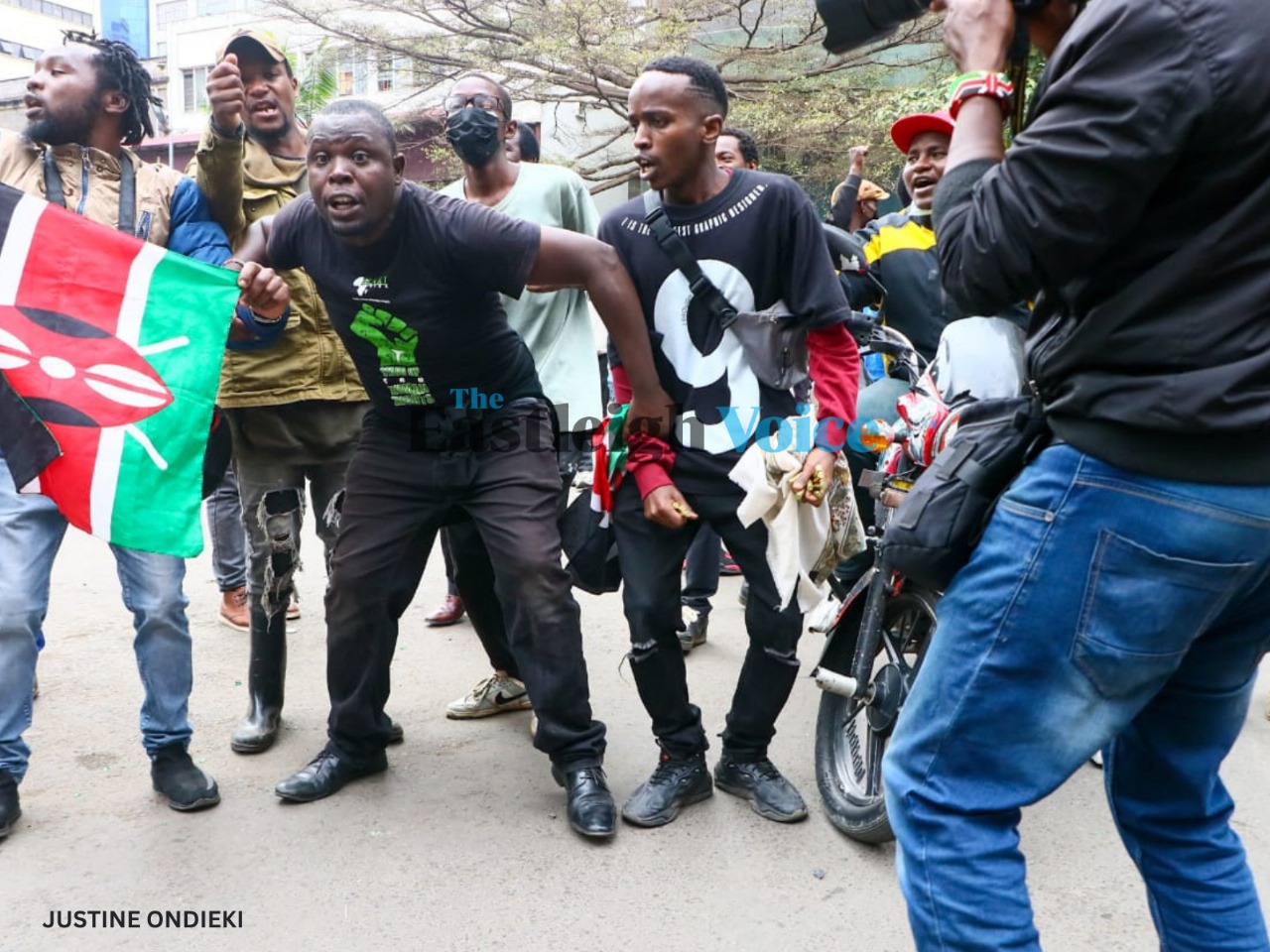 Nane Nane protesters carry flags on Kimathi Street in Nairobi. (Photo: Justine Ondieki)
Nane Nane protesters carry flags on Kimathi Street in Nairobi. (Photo: Justine Ondieki)
However, this digital engagement comes with its own set of challenges, particularly regarding the spread of disinformation.
"Disinformation acts as both a deceiver and a distraction," Madung explained. "It complicates the political discourse by muddying the waters, making it difficult to separate fact from fiction."
Peaks and plateaus of online activism
Kimani provided insights into the fluctuating dynamics of the protests and the role of social media in shaping public sentiment.
"The mood keeps changing," she remarked. "We see moments of peak excitement followed by lulls,” all influenced by the government's actions and decisions, she noted.
This cycle starts online and then pours onto the streets, creating a shared sense of national confusion and a desire for information.
Kimani emphasised the dual role of social media as a source of information and a space for psychological relief.
"There's also a lot of desire for information, and the digital platform is offering this. So people are coming together to get information. They're also coming together to get relief," she said.
"It's a lot of strain mentally and psychologically for the citizens of Kenya to have to go through this every single week. And so there's a lot of humour and stress relief also being offered in the digital space, and I think that's why people are gravitating there."
The future of Kenya's digital uprising
Despite the challenges, Kenya's Gen Z activists are undeterred, they continue to leverage the power of social media to amplify their voices, challenge the status quo, and demand a better future for their country.
The outcome of this digital uprising remains uncertain, but one thing is clear: social media has become an indispensable tool for political activism in Kenya and across Africa.
As governments grapple with how to respond to this new reality, Kimani says, the young activists who are spearheading this movement are determined to ensure that their voices are heard, both online and offline.
She adds the voices of Kenya's Generation Z and other protesters are resonating louder than ever, challenging the status quo and advocating for a future where freedom of expression and press freedom are not just ideals, but realities.
Top Stories Today

